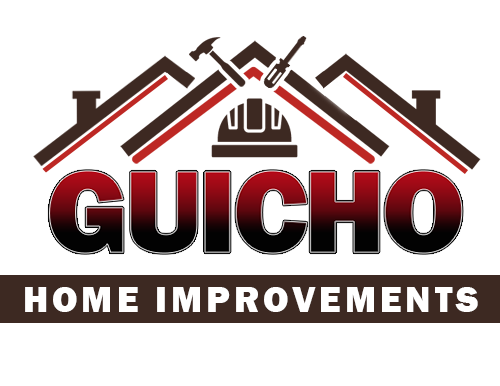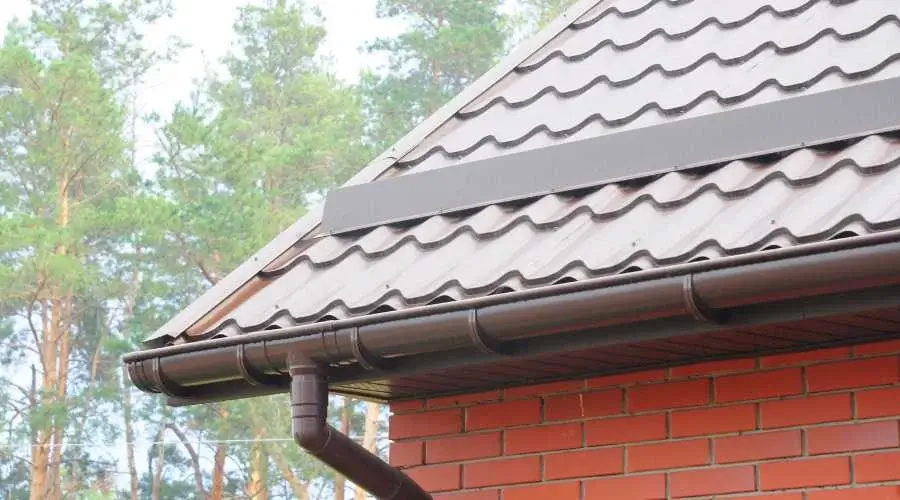The roof of your house is an important part of it. It protects you from inclement weather, such as cold temperatures, wind, rain, and snow, as well as the interior of your home. As it is constantly exposed to the weather, it also permits air to flow.
Add routine inspections to your list of home maintenance tasks if you want to be sure your roof keeps working at its peak level. The best way to monitor the general health of your roof is to do these checks. Discover more about roof inspections by reading on.
An inspection of a roof is what?
A roof inspection is a thorough assessment of all the parts of your roof. Although you might not give your roof much thought, it is a mechanical system that needs regular inspection to operate at its best.
An experienced roofing expert inspects the roof to determine its current functionality and what steps, if any, are required to improve it. The finest people for the job are licensed roof inspectors because they can guide you through many roof-related facets of home ownership and take a detailed approach to evaluate the quality of your roof.
A roof must also pass inspection in order to be certified. Homebuyers can learn about the quality and anticipated lifespan of a home’s roof by obtaining a roof certification.
When inspecting a roof, what is looked at?
To identify any problems and how to address them, your roof inspector will assess the condition of the following critical roof areas and components:
- Roofing material: To determine the integrity of your roofing material, the roofing expert will inspect its state.
- The drip margins, fascia, and soffits Where the edge of the roof meets the outer wall of the home, soffits are located beneath the eave. The long, straight board that runs down the bottom edge of the roof and forms a perpendicular angle with the soffit is called the fascia. Metal sheets called drip edges are installed along the roof’s edge to divert water away from the fascia. Your inspector will examine the condition of these elements and determine whether dampness has damaged them.
- Gutters: Your inspector will make that the drainage pipes are securely fastened and working and that the gutters aren’t collecting water.
- Roof penetrations: A variety of covers are used to fill the holes in your roof caused by the installation of accessories including vents, vent pipes, and media equipment. Your inspector will examine these coverings to make sure they work. Additionally, they will examine the penetrations in the roof for themselves.
- Flashing: Installed around roof features to direct water away from sensitive areas, flashings are thin strips of material, typically made of galvanized steel. Flashing installation must adhere to strict building codes, so your inspector will verify compliance and suggest changes if necessary.
- Windows and chimneys: Despite the fact that skylights and chimneys aren’t regarded as roofing components, a careful assessment will take them into consideration. Before replacing your roof, evaluate its condition to assist you save money on future extra work.
- Attic: If it’s possible, your inspector may decide to inspect your roof from inside the attic. As a result, they can quickly identify leaks and other signs of damage to pinpoint the precise location of a problem.
How Frequently Should Your Roof Be Inspected?
Plan your roof inspections according to the following recommendations:
- minimum yearly: A professional inspection of your roof should be performed at least once a year, ideally twice. Making inspection appointments in the spring and fall is an excellent way to ensure your roof is prepared for the upcoming harsher seasons.
- Following a severe weather event: In addition to twice a year, there may be other circumstances that necessitate a roof check. A home’s roof might sustain damage from inclement weather that brings about strong winds, torrential rain, hail, snow, or ice. The roofing materials might be torn by even tiny hail. Even though you might not see outward damage, there could be leaks, loose shingles, or missing granules. If there is a significant weather event in your neighborhood, check your roof soon after to see how it fared.
- If you see the damage: Arrange a professional assessment if you ever see indications of roof damage. A more significant issue could be indicated by a missing shingle or dented siding. You should take action before it damages the interior of your home, whether the damage is the result of weather or wear and tear over time.
Advantages of routine roof inspections
You and your house will gain from a yearly roof check in the following ways:
- A broken roof can cause moisture to accumulate inside your home, which can ruin your paint and wallpaper and create the possibility of mold and fungi growth. This makes it easier to discover problems. A qualified roof inspector can safeguard your house by identifying damage and recommending repairs.
- Long-term financial savings: Although you might be tempted to avoid routine roof inspections in order to save money, doing so might cause minor roof issues to develop into major repairs that will cost more in the long run. Regular roof inspections can help you save money by identifying issues early on.
- makes it simple to file an insurance claim: Following severe weather, a professional roof assessment will provide you with a detailed description of the damage and an estimated repair cost. This report can be used to back up your insurance claim.
- Peace of mind is provided: Any concerns you have concerning your roof can be put to rest with a professional roofing contractor’s endorsement.
- Prepares you for a roof replacement: Although roofing materials have an average lifespan range to give you an idea of when you’ll need a replacement, different circumstances, such as inadequate ventilation, heat, and severe winds, can lower those lifespan ranges. You may get a better idea of the life span of your roof by doing routine inspections.
- Ensures appropriate drainage: Clogged drainage systems from accumulated debris in gutters can cause water to pool on roofs and penetrate roofing materials. Inspections of the roof on a regular basis might find drainage problems and remove harmful debris.
- safeguards your roof warranty: Annual roof inspections are often a requirement of roof warranties. A professional roof inspection can assist you in avoiding issues like poor installation, lack of upkeep, shoddy repairs, and unauthorized alterations that could void your warranty.
Request a Free Roof Inspection From Wayne NJ Roofing
Your go-to company for all things roof-related is Wayne NJ Roofing. We provide unmatched customer service while analyzing storm-related roofing damage, doing complimentary inspections, correcting leaks, and performing any necessary preventive maintenance on your roof.
Schedule an appointment for a free roof inspection right away if you’re prepared to entrust the care of your roof to qualified hands.





